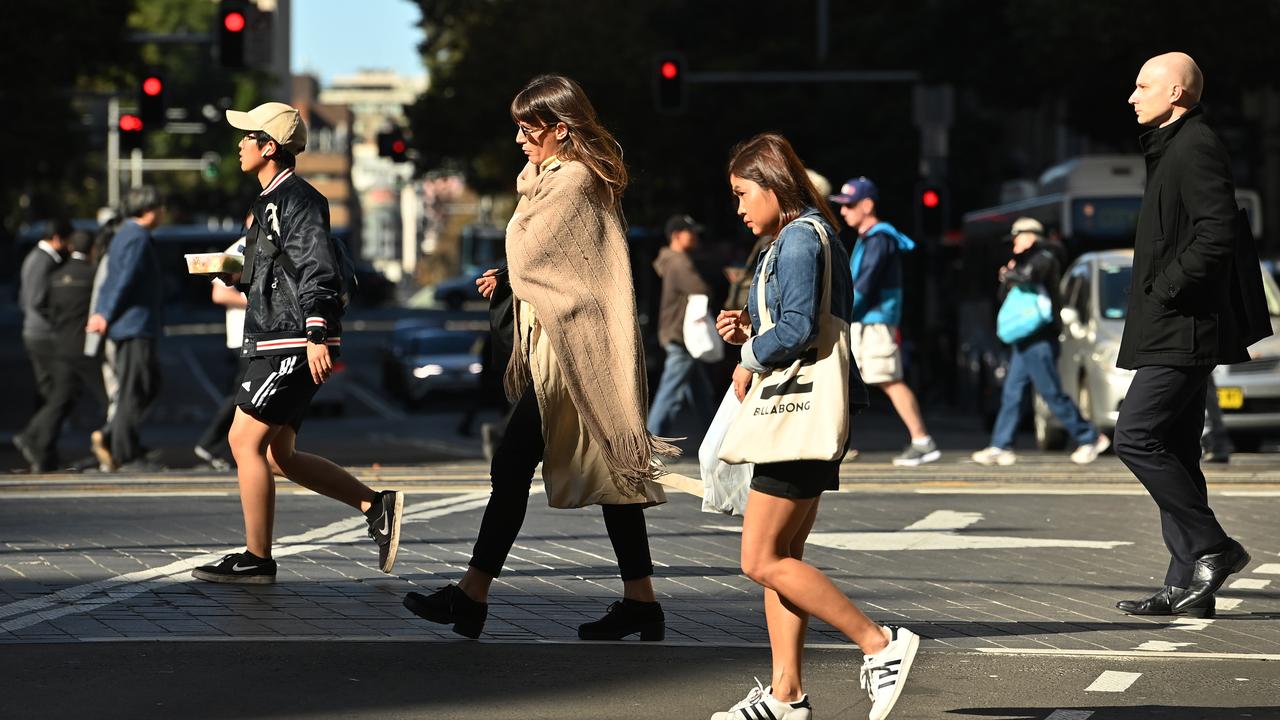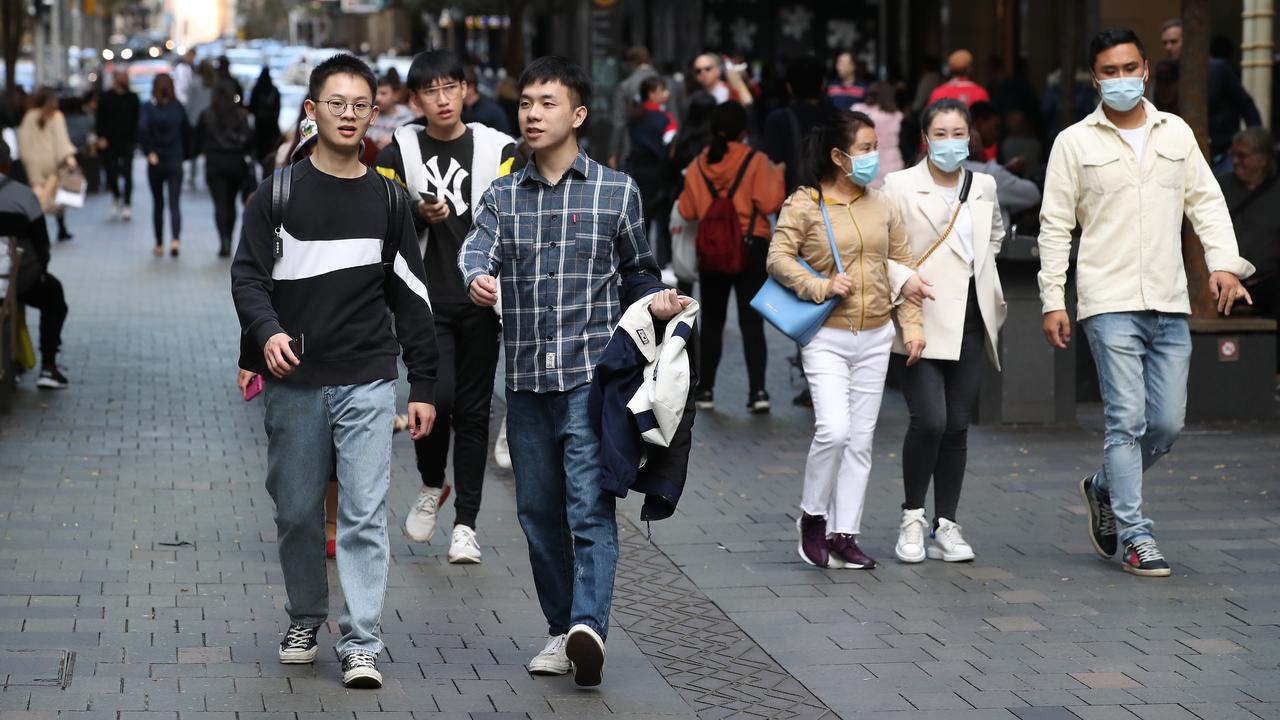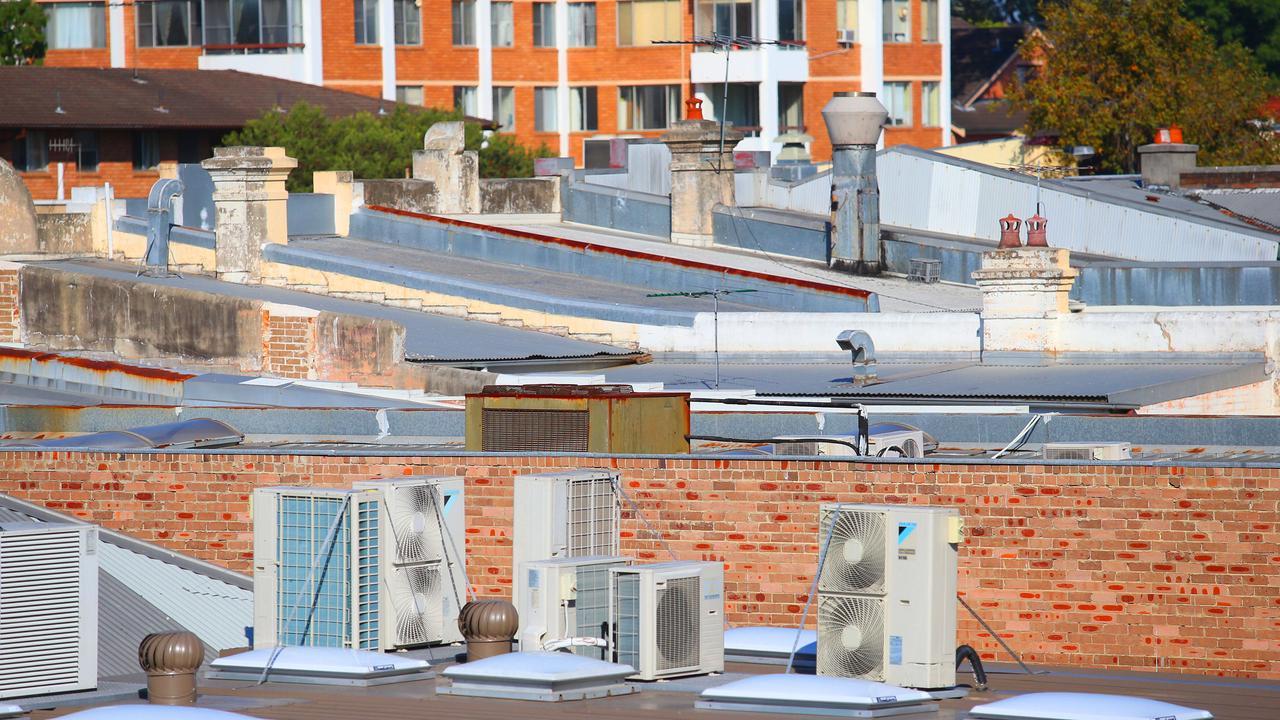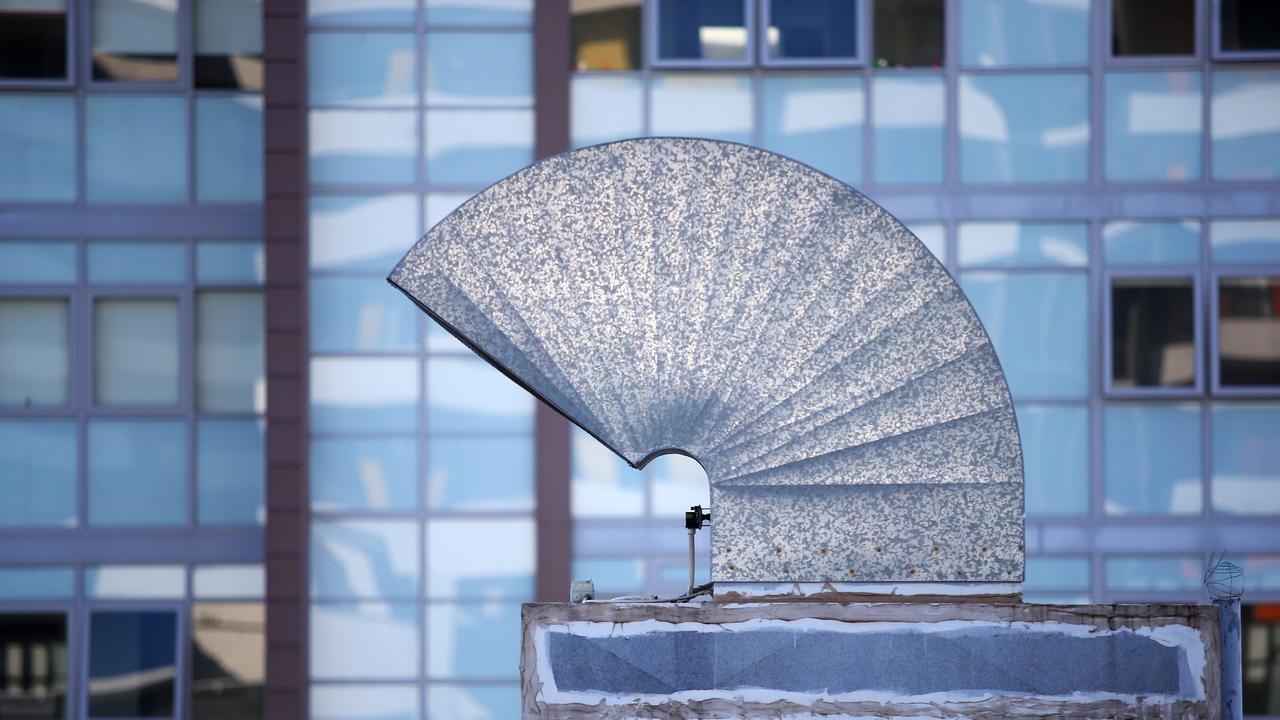Sydney closures: Businesses warned as Legionnaires' disease cases rise
Businesses reopening following COVID-19 closures are being reminded about a “potentially life-threatening” disease after a rise in cases.
Sydney businesses are being urged to check their airconditioning cooling towers after a rise in cases of Legionnaires’ disease, as coronavirus restrictions ease and staff return to work.
NSW Health says poorly managed cooling water systems can provide ideal conditions for the growth and transmission of Legionella bacteria, which may cause the “serious and potentially life-threatening condition”.
“There has been an increase in cases of Legionnaires’ disease across the Sydney metropolitan area this autumn,” the department said in a release on Monday.
“Businesses reopening following COVID-19 closures are reminded that building owners and occupiers have a legal obligation to ensure airconditioning cooling towers are properly maintained.”
NSW cafes, restaurants and pubs reopened on Friday for sit-down service with a limit of 10 patrons per venue while office workers returning to the city are expected to increase dramatically in the coming weeks.
RELATED: NSW students back to school full-time
RELATED: Study shows how COVID-19 tears through offices


Acting Executive Director of Health Protection NSW, Dr Richard Broome, said there had been 33 cases between March and May of Legionella pneumophila compared to 25 cases over the same period last year.
The bacteria, one of two that most commonly cause the disease in NSW, can contaminate airconditioning cooling towers, whirlpool spas, shower heads and other bodies of water.
It can grow to high numbers in warm, stagnant water.
“A person’s symptoms can develop up to 10 days from the time the person is exposed to contaminated water particles in the air,” Dr Broome said.
“People who develop this disease are diagnosed by chest X-ray and a urine test and usually require antibiotic treatment in hospital.”

Legionnaires’ disease usually causes fever, chills, a cough and shortness of breath and in some patients also muscle aches, headache, tiredness, loss of appetite and/or diarrhoea.
It most often affects middle-aged and older people, particularly those who are smokers or who have chronic lung disease.
“Also at increased risk are people whose immune systems are suppressed by medications or diseases such as cancer, kidney failure, diabetes or HIV,” NSW Health says.
“People can become very sick with pneumonia; most people recover but the disease is occasionally fatal.”
The disease is not spread from person to person and exposure can occur at home, at work or in public places.
RELATED: NSW Health alert after three diagnosed with parrot fever

RELATED: Poison warning after toxic mushroom death
The state’s health department strengthened regulations in 2018 to reduce the risk of Legionnaires’ disease to the community.
Growth of the bacteria can be limited by regular inspections, disinfection and maintenance of cooling towers and plumbing systems.
Building owners are required to conduct monthly tests on cooling towers and to notify local councils if high levels of Legionella and other bacteria are present.
The health department says if two cases of Legionnaires’ disease are linked by time and place, possible sources of infection such as cooling towers are assessed.
Dr Broome said public health units in local health districts across the state, being eight over the Sydney metropolitan region and seven in rural and regional NSW, investigate the cause of every case.
According to the South Eastern Sydney LHD, a tower in Haymarket was found to be contaminated during an investigation into two cases earlier this year.
Two affected people – a man aged in his 40s and a man in his 70s – recovered and there was no ongoing risk.



